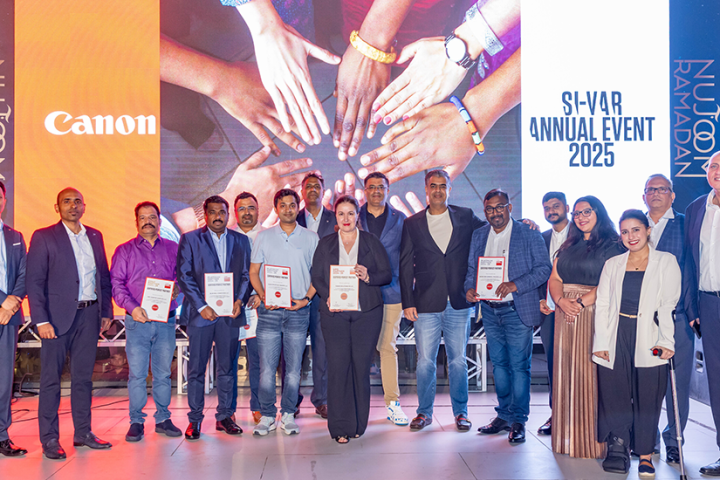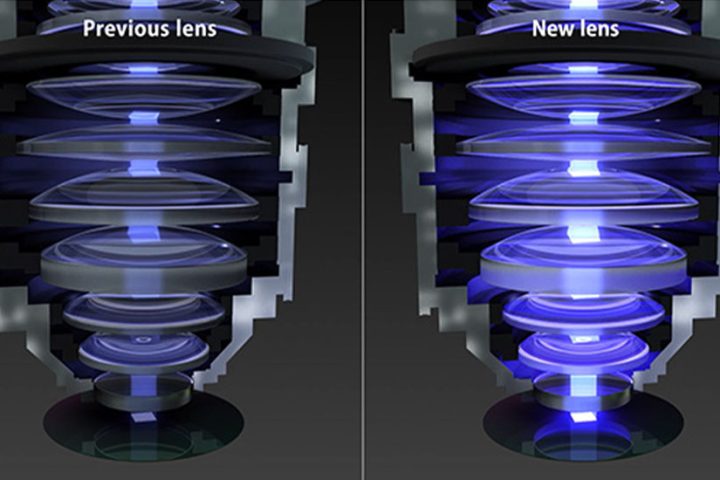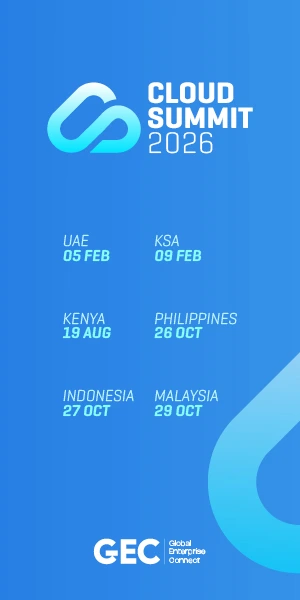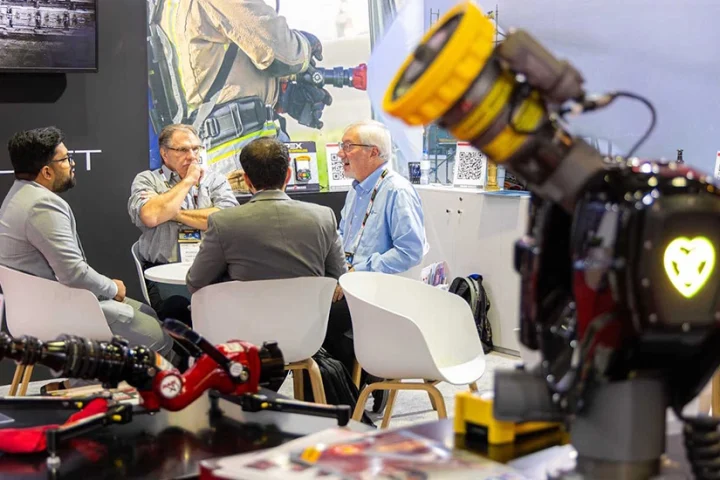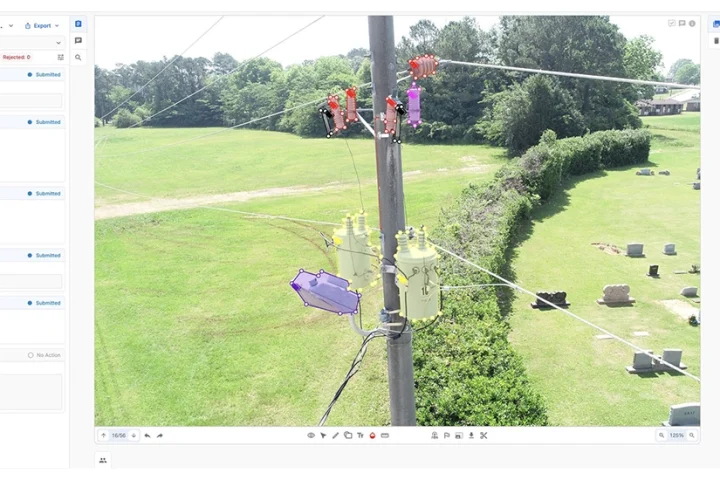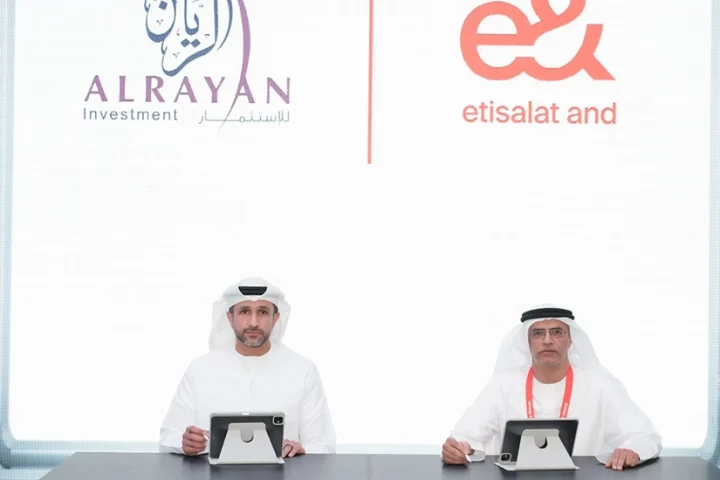According to Gartner, customer experience, more than products or solutions, is the new battlefront for business, with 81% of marketers saying that by 2020 they expect to be competing mostly or completely on the basis of customer experience. However, with customer expectations constantly rising, businesses continue to fall behind.
Forrester’s Global Customer Experience Index continues to find that most companies are rated as poor or very poor, year on year. Even the organisations that scored good in 2017 either fell in 2018 or did not improve. In order to future-proof their business, organisations need to be asking themselves not what do customers want, but what will customers want.
Technology, without a doubt, the platform on which most of our future is built, is key to divining what customers of today will want tomorrow, and what yet-unimagined requirements tomorrow’s customers will have. Disruptive businesses like Netflix realised this early on and created intelligent algorithms that were able to predict and recommend what customers might want to watch next.
In the past, introducing new technology involved the arduous installation of expensive, on-premise equipment. However, new technologies such as automation, Internet of things, and artificial intelligence are allowing businesses to become more agile and increasingly able to deliver the seamless, personalised, and real-time experience that represent the future of customer experience.
While technology is now able to deliver, organisations still need to ensure that their processes, and even mindsets, are geared towards ensuring a frictionless, personalised, and real-time experience for customers.
Frictionless
A frictionless experience means an effortless one and, for a customer today, effortless means being able to interact with a business whenever and however they would like. Businesses delivering a seamless, consistent experience across all communication channels build customer confidence, which is crucial for encouraging loyalty and ensuring retention.
But in today’s fast-paced world, a customer journey includes an increasing number of touch-points, and manual intervention is not only a drain on time, but also leaves businesses open to unnecessary and costly errors. This reality has made the introduction of automation increasingly crucial.
Incorporating automation into manual processes provides businesses with a wealth of benefits, from increased efficiency and reduced costs, to freeing up employees for more business-critical work. With the integration of artificial intelligence, automation in customer engagement can deconstruct vast amounts of data to automate entire workflows and learn as they go. The resulting automation will drive efficiency and cost saving, whilst ensuring that customers are delivered a flawless experience.
Emirates NBD, a leading UAE bank, now uses a virtual assistant called Eva to interact with customers. Eva can engage callers in conversation to solve or direct their issues. Whenever the system can’t resolve an issue, it turns the caller over to a human customer-service representative and then monitors that interaction to learn how to resolve similar problems in the future.
Personal
Personalisation has become the ultimate marketing buzzword over the last five years, and has become even more critical in this digital age, in which consumers have unlimited access to competing products and services.
However, curating these cultivated experiences requires a very time and resource-intensive process. Businesses must continually track interactions with their brand in order to build a clear view of a customer’s preferences and deliver relevant, personalised offerings.
Artificial intelligence is increasingly being integrated into the future of customer experience thanks to its ability to provide intelligent, data-driven recommendations. Artificial intelligence finds patterns in an overwhelming number of data points, makes recommendations and then learns and adapts based on the resulting customer response.
A customer entering a website for the first time will have no existing history, but with artificial intelligence, every click and action is fed in to its algorithms, which identifies countless factors to make a recommendation. With every further interaction, the artificial intelligence will begin to build and strengthen its ability to recommend.
Whilst we are only just starting to see the benefits of artificial intelligence in customer experience, by 2025 it is expected that 95% of customer interactions will be aided by artificial intelligence.
Real-time
It is predicted that the average response time to customer queries and complaints is about 12 hours, which is 11 hours longer than customers expect. Digital technology and social media have become such an intrinsic part of everyday life that we expect to experience the same real-time communication when we speak to a business, as we do in any other context.
IoT enabled devices are driving this real-time revolution forward, by offering businesses immediate insight into a customer’s experience with their brand and the opportunity to improve and tailor experiences. In the retail industry, for instance, stores are equipped with beacons that pickup signals from customers mobile devices as they walk past, allowing them to send targeted discounts or ads at the most relevant time.
In conclusion, organisations need to constantly keep in mind that the age of the customer is not just a passing phase. Today, emerging technologies are proving to be the key to getting one step ahead of rapidly evolving customer needs. Automation, artificial intelligence, and IoT provide an exciting opportunity for businesses to invest in the seamless, personalised, and real-time experiences that will continue to transform and define the customer experience.
Key takeaways
- Customer experience, more than products or solutions, is the new battlefront for business.
- 81% of marketers say by 2020 they expect to be competing mostly or completely on the basis of customer experience.
- With customer expectations constantly rising, businesses continue to fall behind.
- Forrester’s Global Customer Experience Index finds most companies rated poor or very poor.
- Organisations need to be asking themselves not what do customers want, but what will customers want.
- Average response time to customer query is 12 hours, 11 hours longer than customers expect.
- Organisations need to keep in mind the age of the customer is not just a passing phase.
It is possible to use automation to build better customer experiences making them frictionless and personalised, explains Mai Youssef at Canon.



